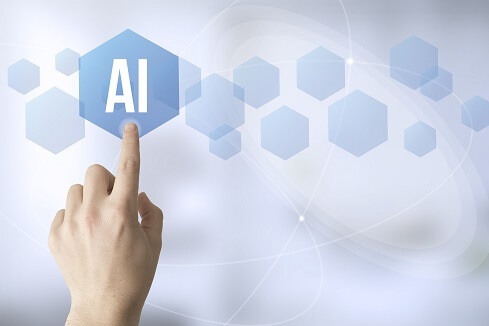
Picture: Mclittle – inventory.adobe.com
Responding to any disaster will involve currently being capable to predict the affect of disastrous events and currently being effectively prepared to manage difficulties underneath strain. The COVID-19 pandemic caught the entire environment by shock. As leaders immediately experimented with to uncover techniques of employing their resources judiciously, they realized the need to have to push hyper efficiency and enterprise resilience, turning to AI.
AI has the astute potential to each uncover and address problems, enabling it to play a important part in disaster administration and reaction. Listed here are 3 tips for how organizations can leverage AI to be improved prepared for the subsequent disaster:
one. Aligning AI system to enterprise aims
This is an necessary to start with phase for organizations to improve AI investments. When disaster hits and enterprises are pressured to immediately mobilize and reply to new, unpredicted market place pressures, a know-how-led solution to AI can be extremely limiting. Mistakenly concentrating on personal use circumstances for the know-how will not push business-extensive momentum for the organization. Enterprises need to have to instead imagine of the even larger picture, and solution AI with a system rooted in meeting enterprise aims and driving development. This assures that as AI investments scale up from pilot assignments, they do not get rid of sight of the target enterprise end result.
2. Staff upskilling
As an business turns to AI in the course of a disaster — whether for predictive product sales modelling or automating client-centre functions — leaders will have to prioritize acquiring employees’ core competencies all-around AI. Staff members skilled in AI will be of course be desired to create and operate the new automation advancements, but the reward extends over and above this. AI-skilled staff can be tapped to make a roadmap on how to most effective leverage the know-how to push enterprise price in situations of disaster. Organizations really should contemplate acquiring inside reskilling and upskilling courses or employing third celebration understanding platforms to enable staff create AI specializations. Staff members can also be instrumental in galvanizing coworkers to readily undertake new AI know-how, accelerating adoption charges as an business seems to immediately scale up the know-how across the enterprise to change functions in reaction to a disaster.
3. Apparent details system and execution framework
Enterprises need to have a crystal clear details system all-around details governance in get to scale up AI immediately and efficiently. Making certain they have a crystal clear established of repeatable protocols and methodologies in spot to enable them execute that system efficiently is significant, so leaders do not have to stress about compliance as they scale up AI in the experience of a disaster.
For instance, 1 of our clients, a significant worldwide electricity participant made a details marketplace to make details far more effortlessly available for non-specialized consumers. Offered the explosion in details, it was critical to limit entry time and improve price shipping and delivery time. The marketplace allows details-lookup across several big details platforms with a review and score process for details thereby making it possible for the most effective details to self-emerge.
COVID-19 has no question discovered flaws in corporations where AI could have been deployed to prevent these flaws from currently being exposed or made to get started with. If strategically applied, enterprises can leverage AI to develop resilience that is not only significant in a time of instant need to have — but very important in getting ready for the subsequent disaster.

Sanchit Mullick is affiliate vice president and worldwide head of product sales for AI and Automation Solutions at Infosys. In this part, he potential customers throughout the world product sales, advertising and marketing and alliances for AI and Automation Solutions and associates with customers to enable them chart their roadmap across the Automation spectrum, leveraging all the things from robotic automation to cognitive providers. Sanchit has worked across the US, Australia, the United kingdom and India, obtaining played roles spanning product sales, consulting and shipping and delivery.
The InformationWeek community brings together IT practitioners and business gurus with IT tips, training, and views. We attempt to spotlight know-how executives and topic matter gurus and use their understanding and ordeals to enable our viewers of IT … Check out Comprehensive Bio
A lot more Insights
